New maintenance capital meets 40%
Currently, road maintenance capital only meets 40% of the demand, causing road maintenance to always be in a state of shortage.
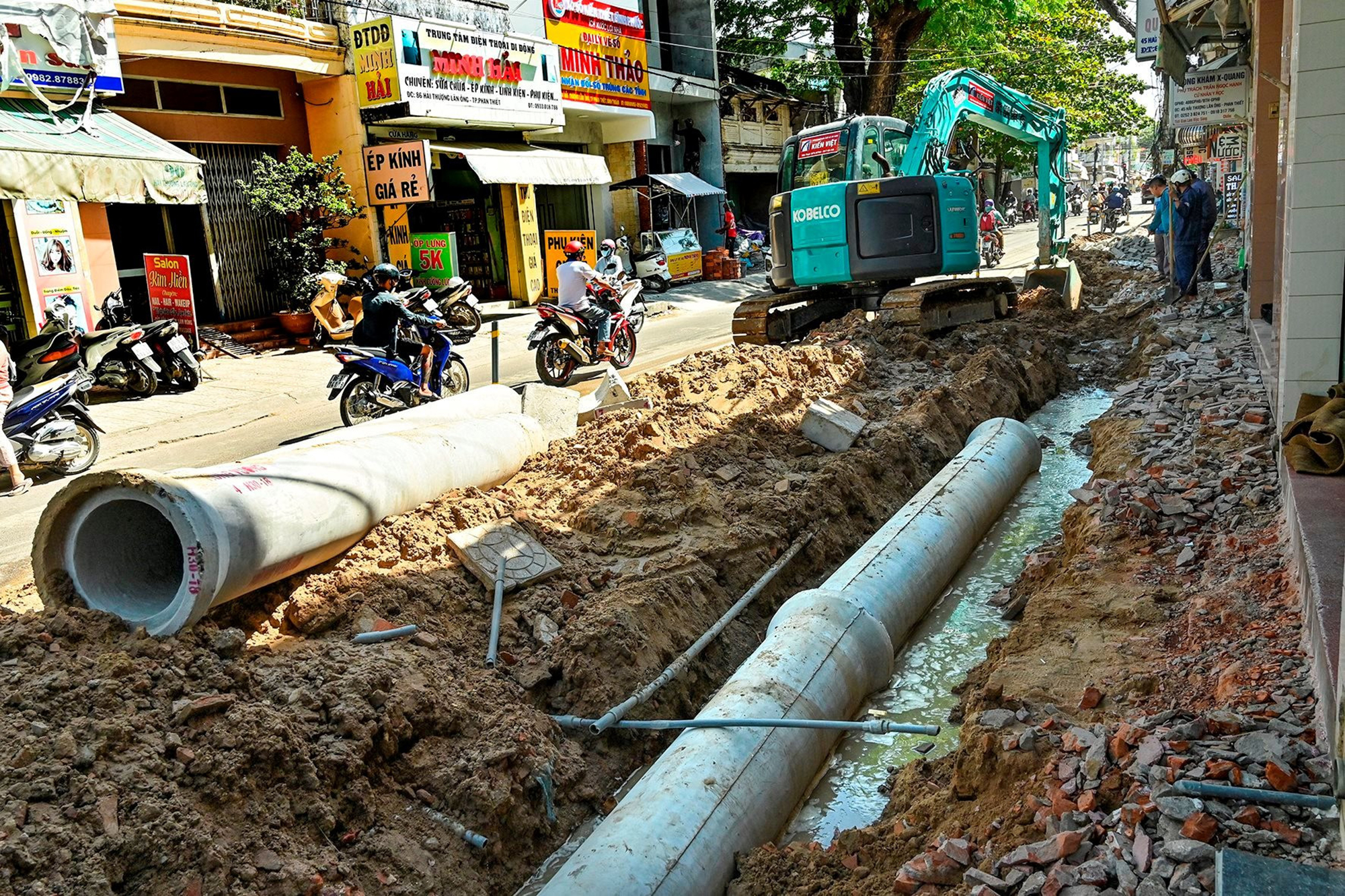
Many technical infrastructure works are lines, cables, pipelines and other works installed in road corridors.
According to the road network planning until 2030, with a vision to 2050, the capital investment demand for building expressways and upgrading national highways is about 3 million billion VND. After completion, a huge amount of capital for maintenance is also needed each year.
However, according to calculations by authorities, the budget for highway and national highway maintenance is only 12,000 billion VND/year, while the demand is up to nearly 30,000 billion VND/year.
Mr. Le Hong Diep, Head of the Department of Traffic Infrastructure Maintenance Management, Vietnam Road Administration, said that road maintenance fees per vehicle have only reached about 9,000 billion VND/year, the State budget must compensate more than 3,000 billion VND. The national highway system has more than 25,000 km, of which more than 10,000 km need to be repaired and paved with asphalt but there is no source of capital.
Meanwhile, Mr. Bui Quang Thai, Director of the Vietnam Road Administration, said that while the State budget cannot be allocated enough, this unit must carefully measure and repair each location or road section to ensure the "lifespan" of the road.
"To have enough capital for the maintenance fund, the revenue per vehicle must increase 2-3 times. However, this will affect other industries, especially increasing logistics costs. When state resources are limited, we also consider mobilizing capital from the private sector. With existing expressways, the Vietnam Road Administration calculates to use the option of hiring investors to operate or O&M contracts so that the state will not spend resources on maintenance work," said Mr. Thai.
Exploited, paid use
According to Mr. Le Hong Diep, the Road Traffic Law previously stipulated that within the land area reserved for roads, a number of essential works could be arranged such as: Works serving road management and exploitation, telecommunications works, electricity, water supply and drainage pipelines, gasoline, oil, gas, etc., but it did not stipulate that businesses operating in these fields had to pay fees to the State.
The Road Law is designed to meet the needs of the country's socio-economic development in the new situation. This raises the need to build shared technical infrastructure and to introduce a toll or price collection mechanism. The State cannot bear the costs that benefit businesses.
Mr. Le Hong Diep, Head of Traffic Infrastructure Maintenance Management Department, Vietnam Road Administration
"Information systems, cable television, and water supply serve commercial purposes. Meanwhile, the State has to spend a lot of money to invest in road infrastructure, so businesses cannot benefit for free. Furthermore, the State investing in infrastructure without charging fees may create inequality in competition among businesses," said Mr. Diep.
In the Road Law recently passed by the National Assembly, in addition to adding regulations on collecting fees for expressways invested by the State, the Road Law also adds regulations on collecting fees from exploiting and using traffic infrastructure and using shared technical infrastructure works.
Mr. Nguyen Van Quyen, Chairman of the Vietnam Automobile Transport Association, said that on the road system, there are many technical infrastructure works such as wires, cables, pipelines and other works installed in the road corridor, carried out by individuals and organizations.
"Organizations and individuals do this for business purposes. Therefore, having to spend a portion of profits to pay for use is in line with the market mechanism," said Mr. Quyen.
More funding for road maintenance
A traffic expert said that the annual revenue of telecommunications or clean water units is up to thousands of billions of VND. If only a small portion of the revenue of businesses using road infrastructure is collected, the amount of money paid to the State budget for traffic will increase significantly.
"Collecting fees for exploiting and using road infrastructure systems can increase electricity prices, telecommunication fees, and fuel prices. However, increasing resources for road maintenance will improve road quality, making traffic more convenient and safe. Increased traffic volume will reduce transportation fees, leading to a decrease in social costs," he said.
According to Mr. Le Hong Diep, the Road Law stipulates that when building urban roads, there must be shared technical infrastructure works by undergrounding, avoiding the situation of digging up roads and sidewalks many times.
"Businesses operating in these fields who want to exploit together must rent and pay usage fees. Revenue from leasing shared technical infrastructure will be paid into the State budget, thereby helping to increase national revenue and facilitate budget allocation, including road maintenance," Mr. Diep affirmed.
To implement this regulation, Mr. Diep said, the Ministry of Transport and the Ministry of Finance will coordinate to develop a decree guiding the collection rate and collection method. If the collection is based on the price mechanism, the Ministry of Transport will issue the rental price. The rental price will be calculated based on the investment cost and the operating time of the shared infrastructure. If the fee mechanism is based on the fee mechanism, the Ministry of Finance will develop and issue it.
Source: https://www.baogiaothong.vn/dien-luc-vien-thong-phai-tra-phi-thue-ha-tang-duong-bo-19224071600091027.htm



![[Photo] Children's smiles - hope after the earthquake disaster in Myanmar](https://vstatic.vietnam.vn/vietnam/resource/IMAGE/2025/4/14/9fc59328310d43839c4d369d08421cf3)
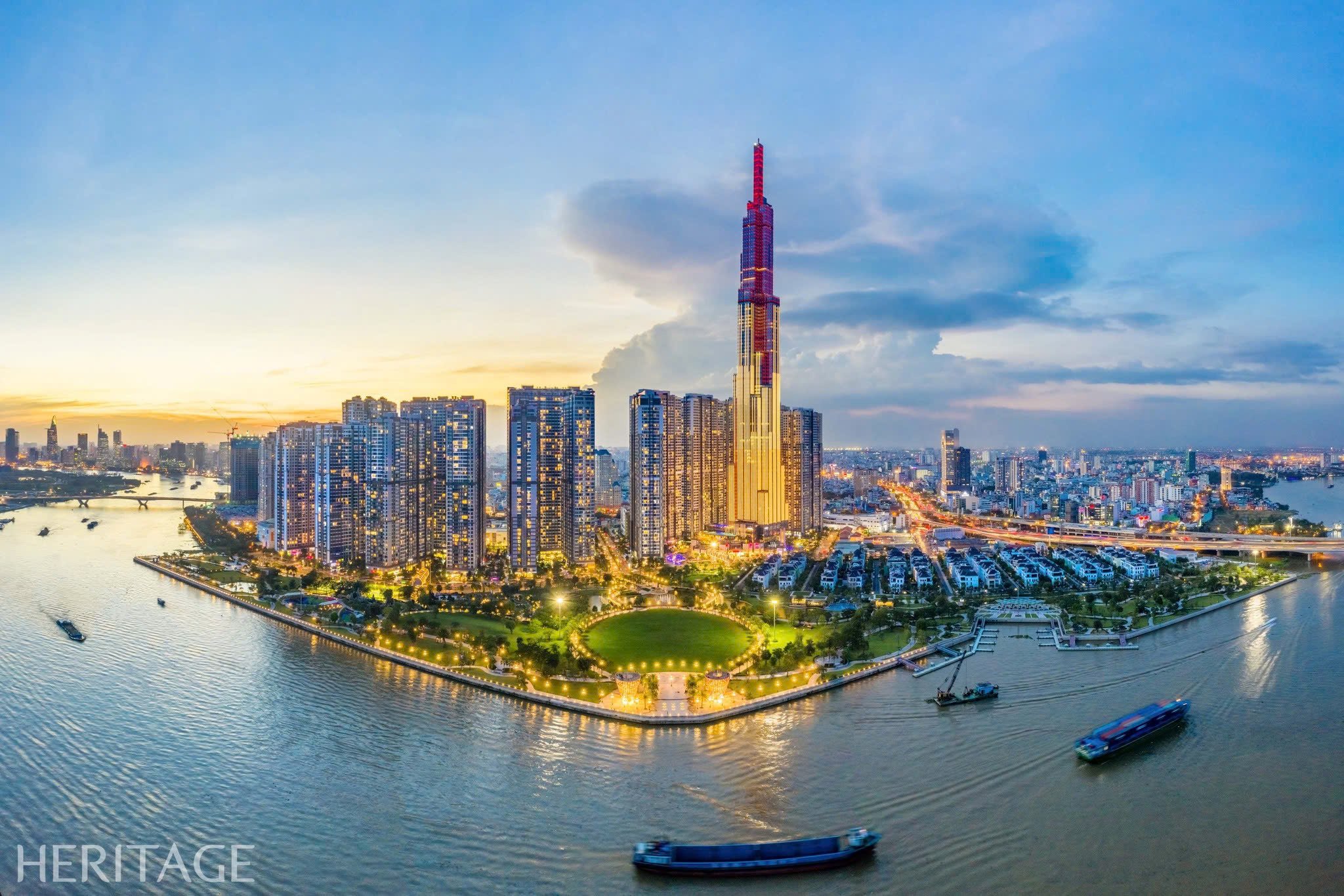
![[Photo] Touching images recreated at the program "Resources for Victory"](https://vstatic.vietnam.vn/vietnam/resource/IMAGE/2025/4/14/99863147ad274f01a9b208519ebc0dd2)
![[Photo] Opening of the 44th session of the National Assembly Standing Committee](https://vstatic.vietnam.vn/vietnam/resource/IMAGE/2025/4/14/03a1687d4f584352a4b7aa6aa0f73792)
![[Photo] General Secretary To Lam chairs the third meeting to review the implementation of Resolution No. 18-NQ/TW](https://vstatic.vietnam.vn/vietnam/resource/IMAGE/2025/4/14/10f646e55e8e4f3b8c9ae2e35705481d)
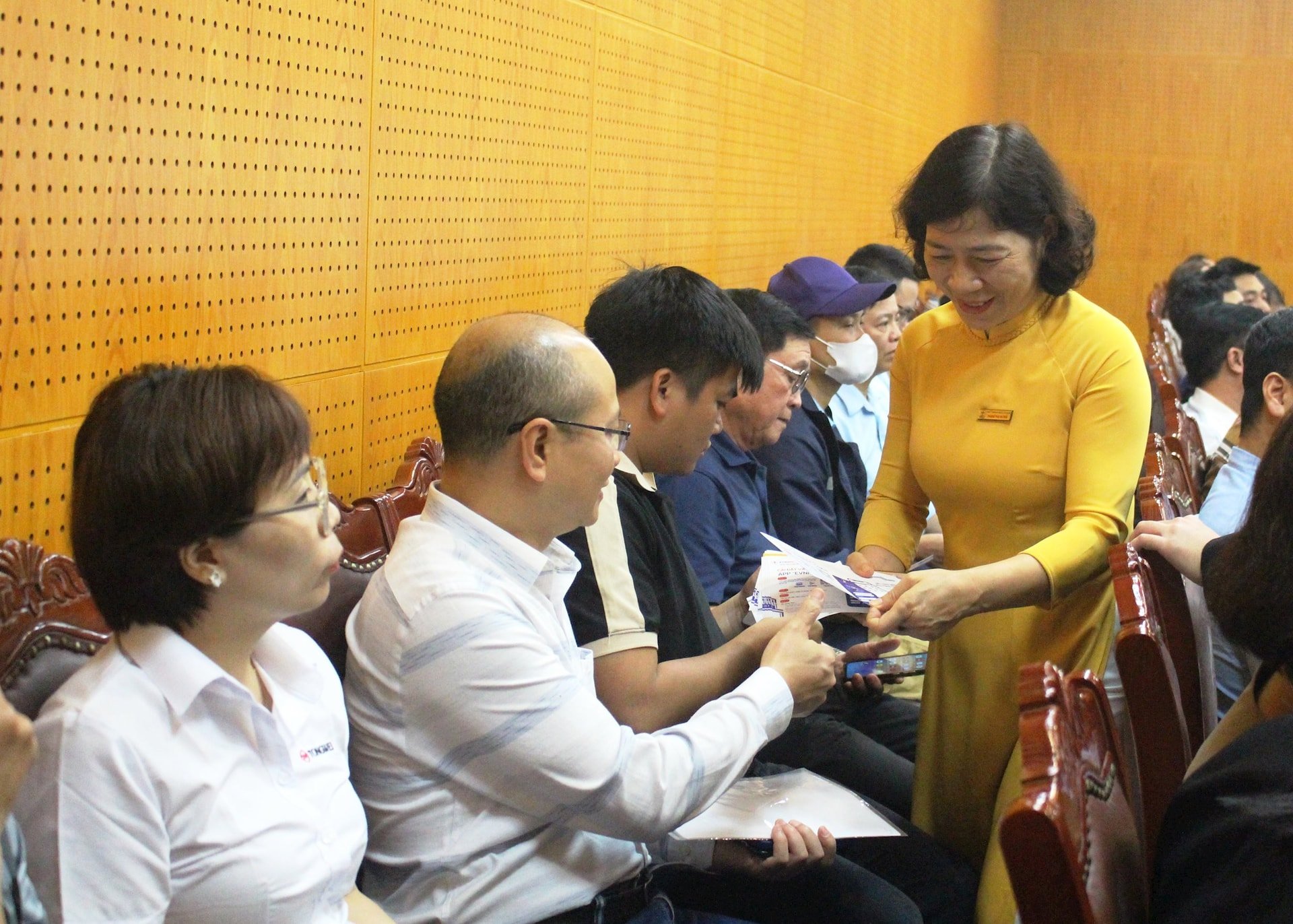



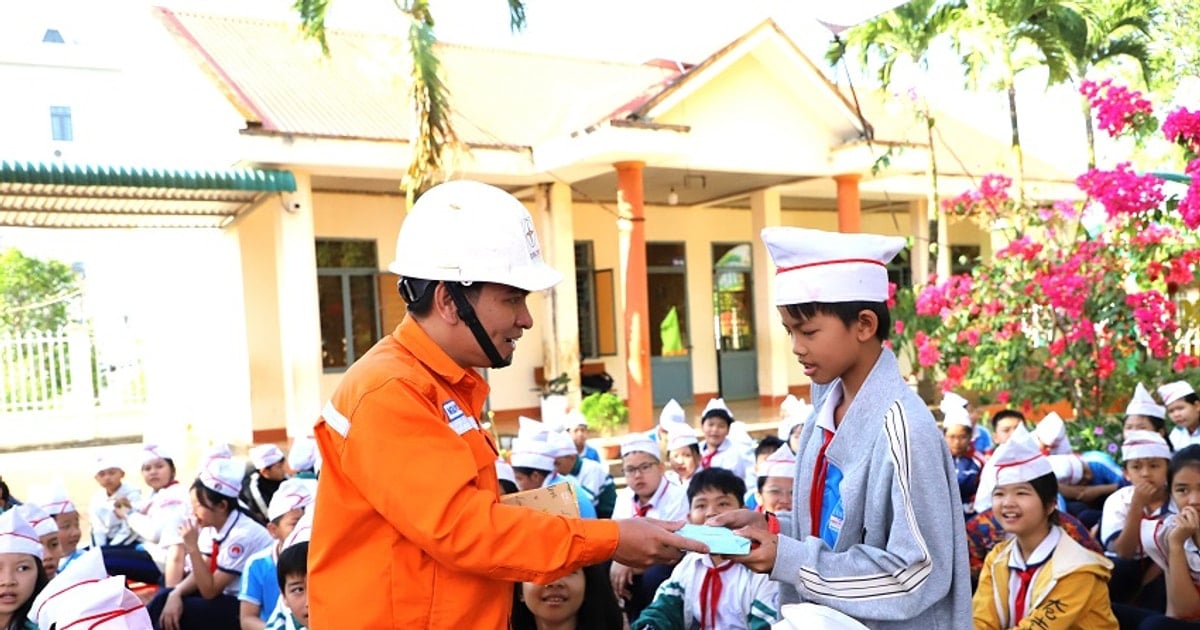


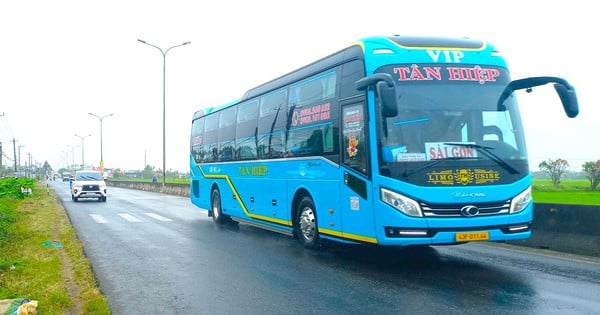


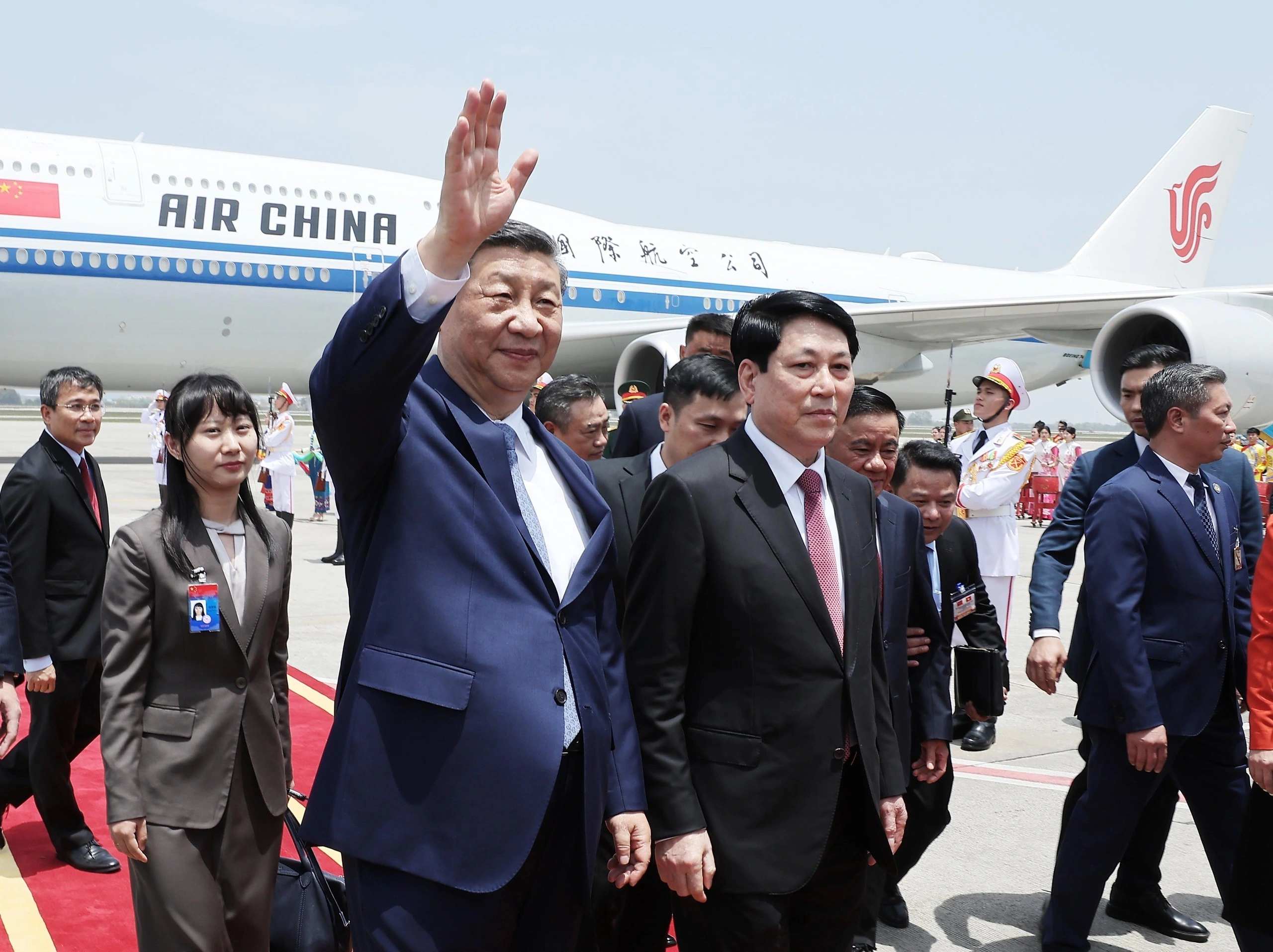
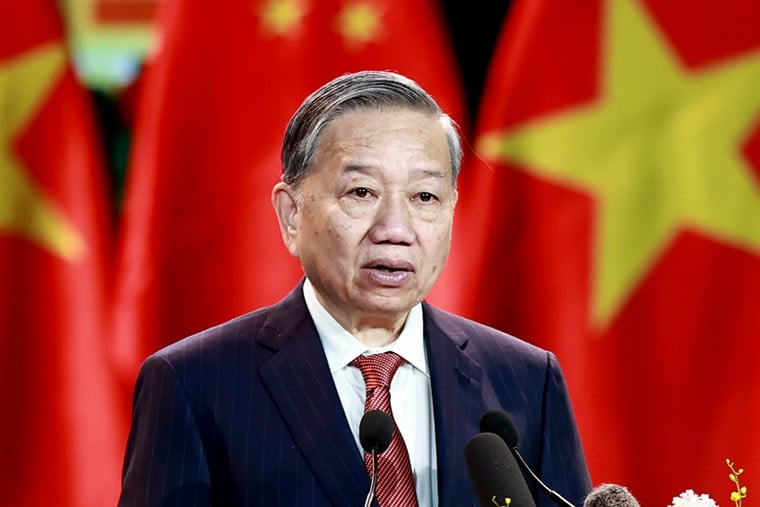

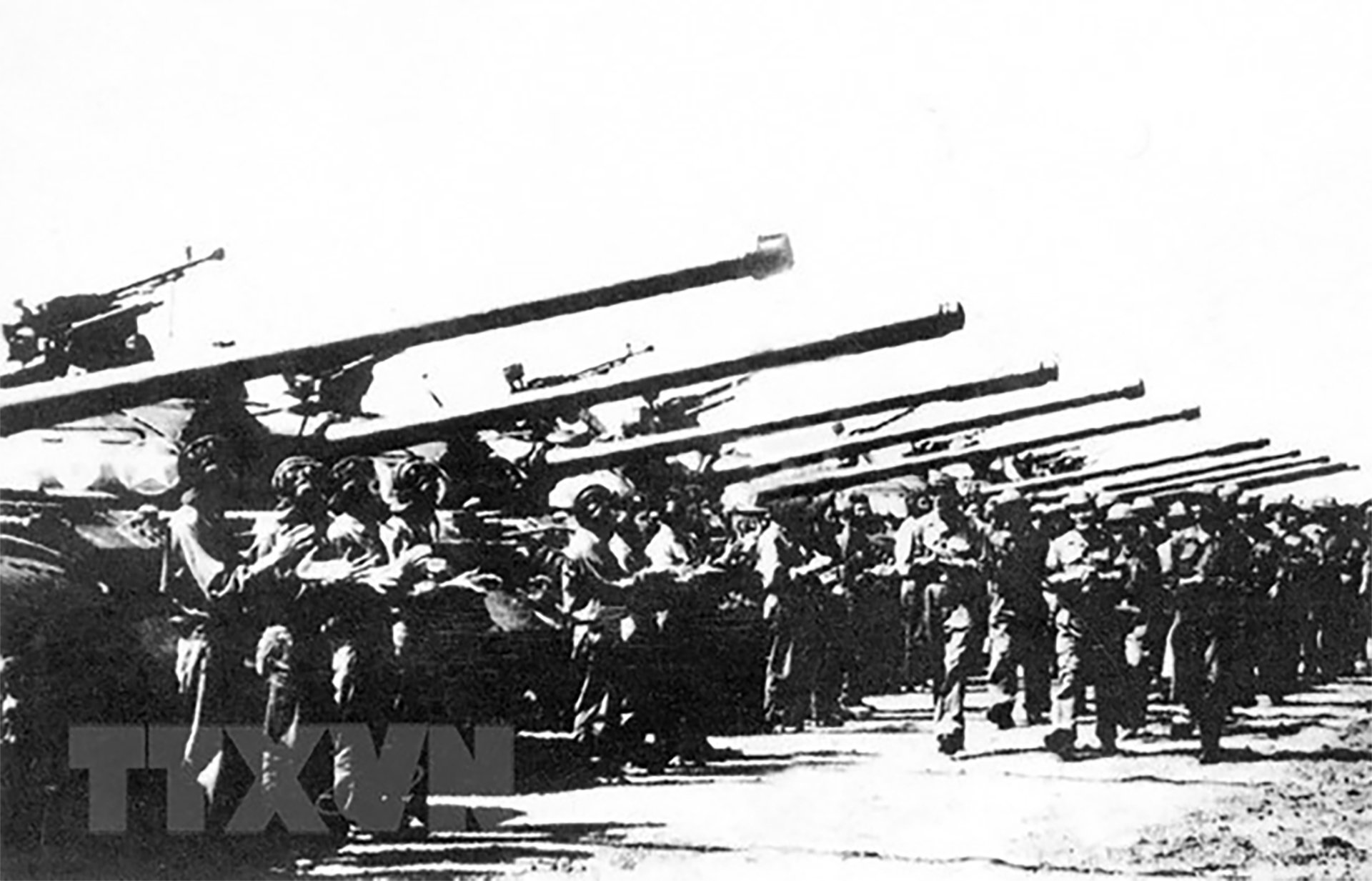
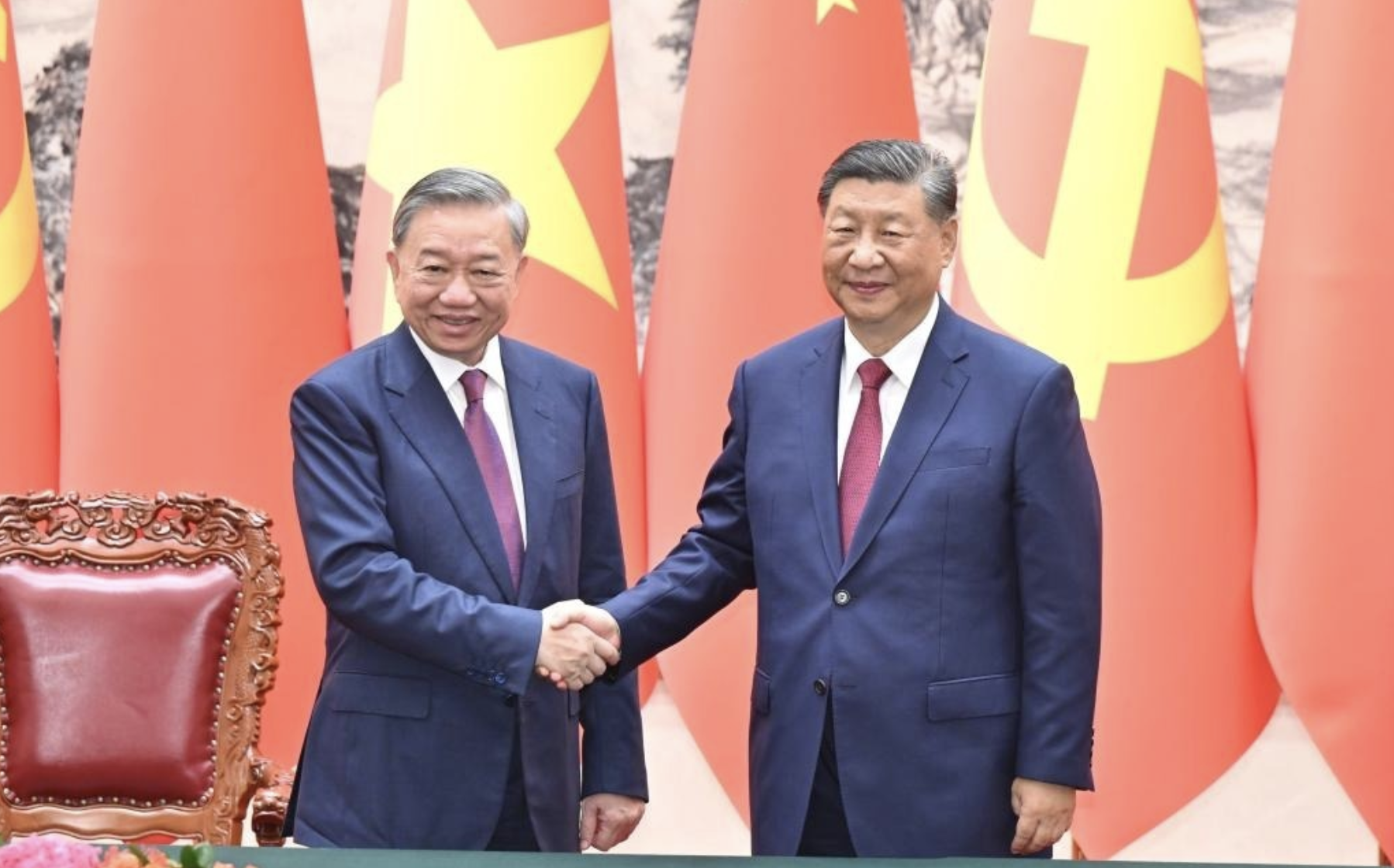

























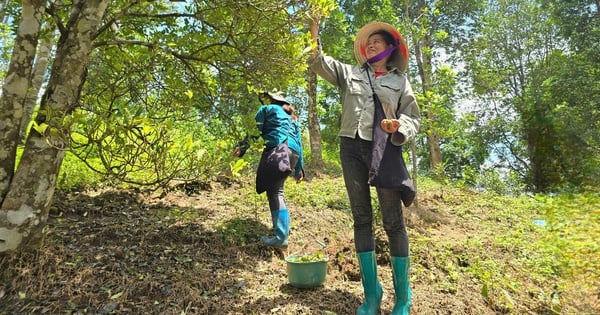





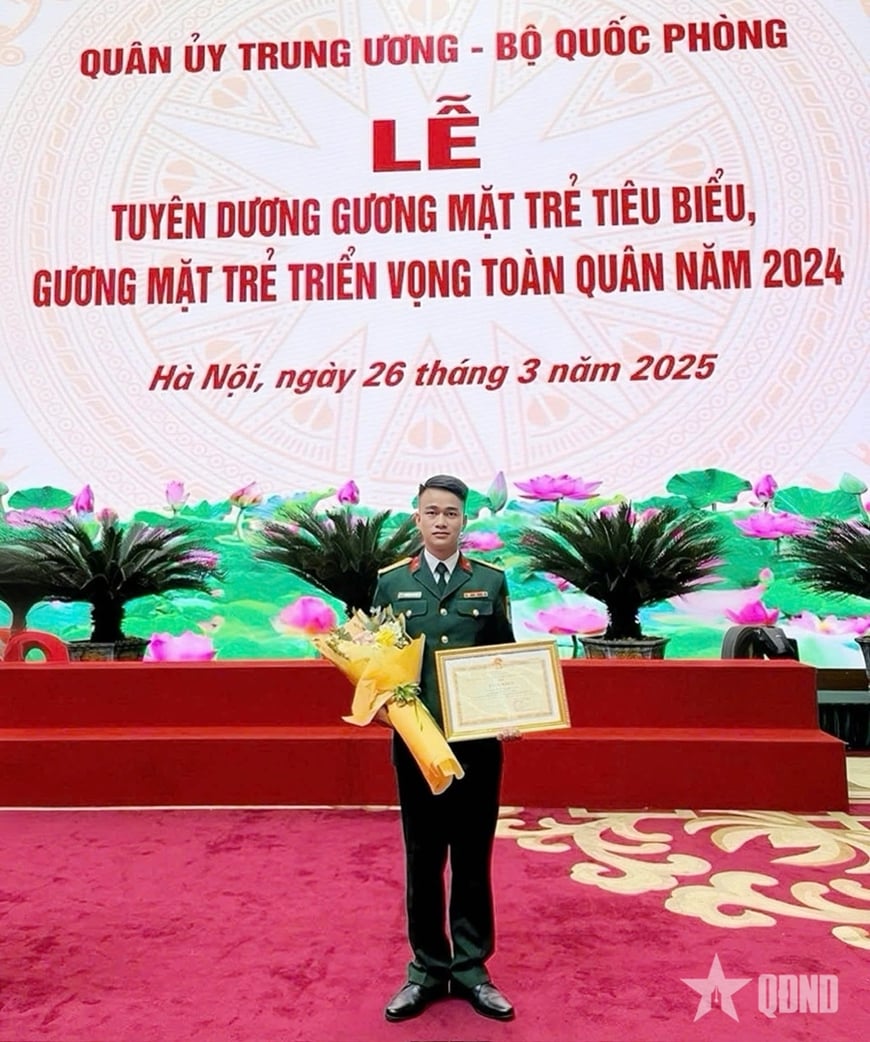










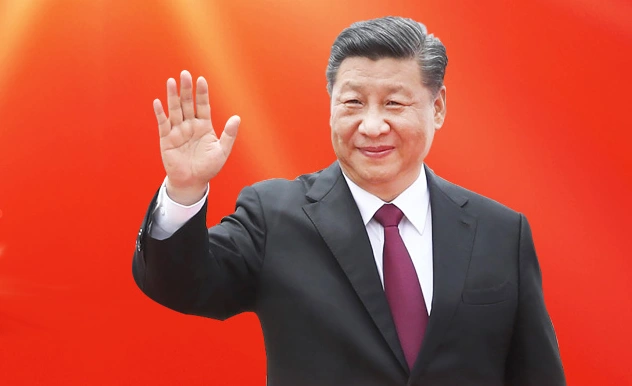
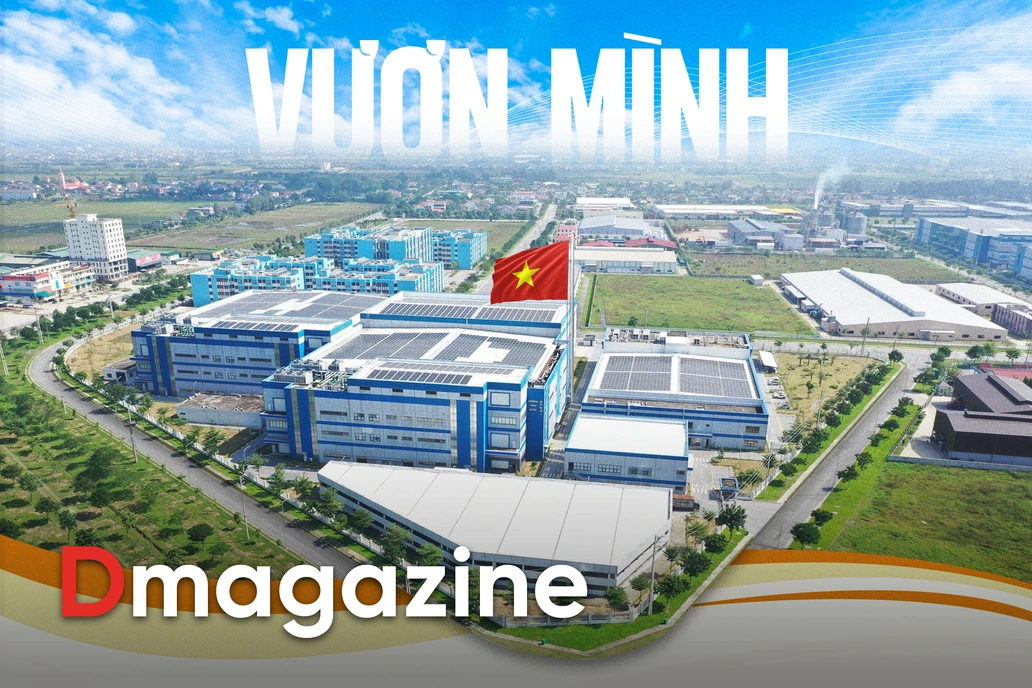
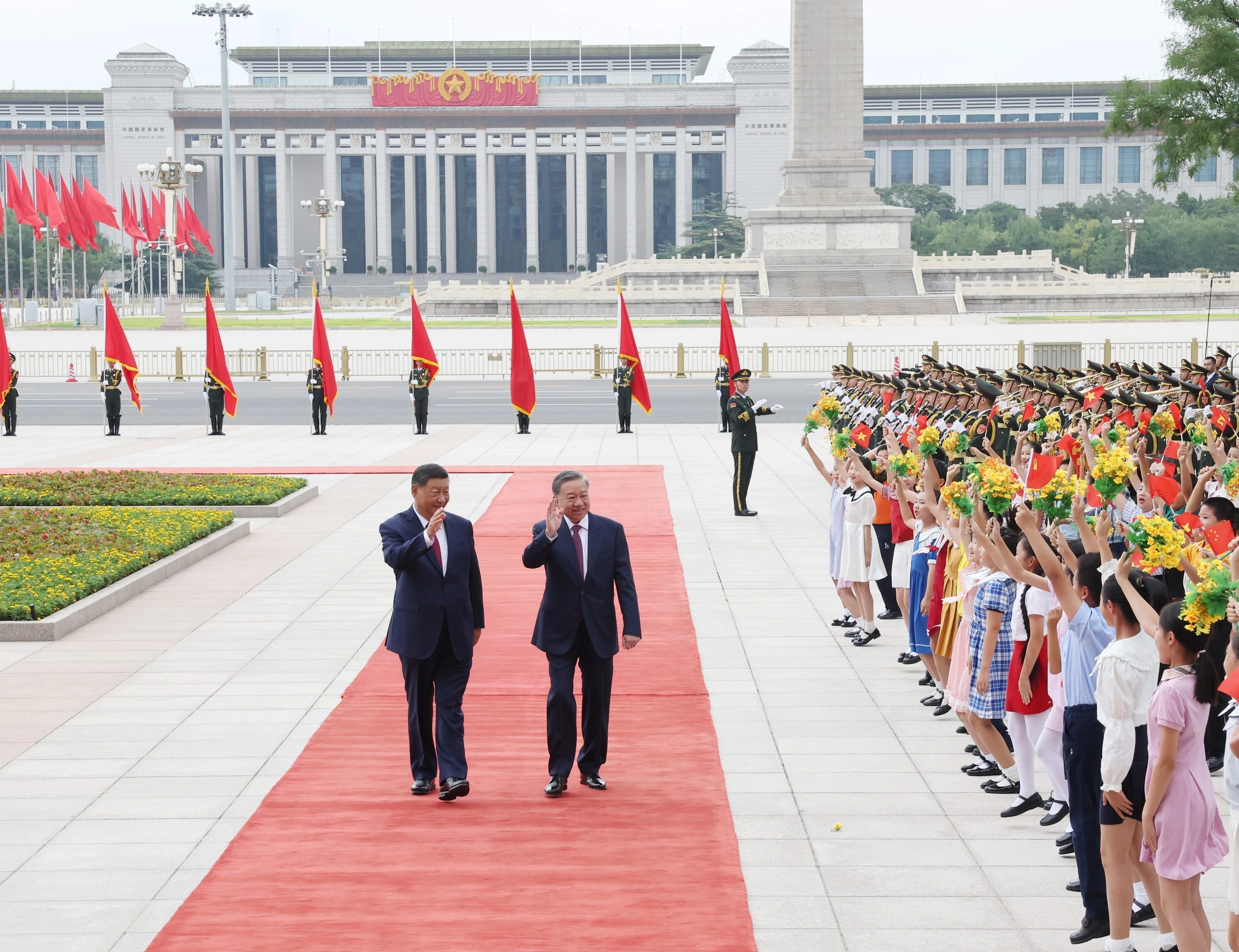
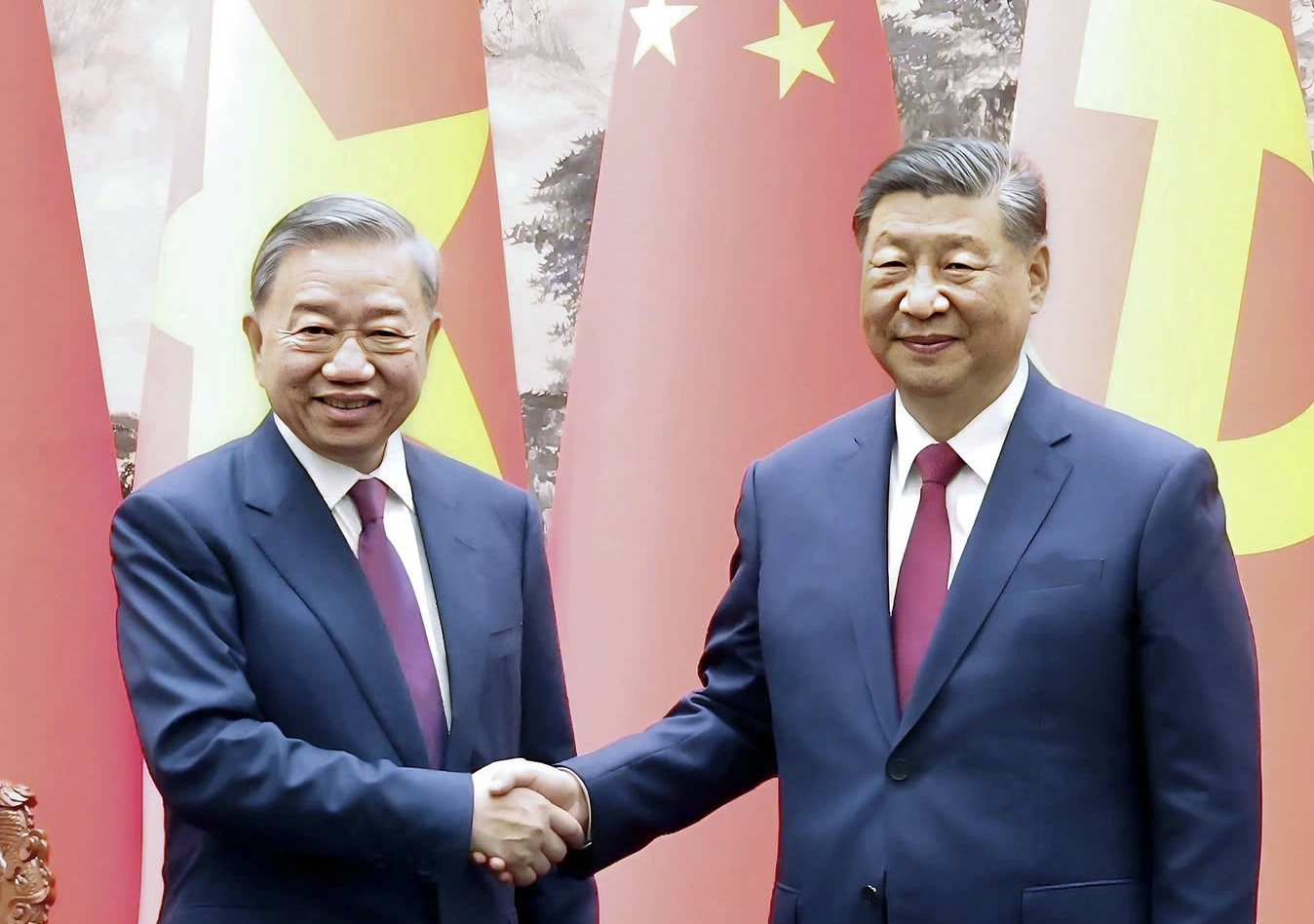
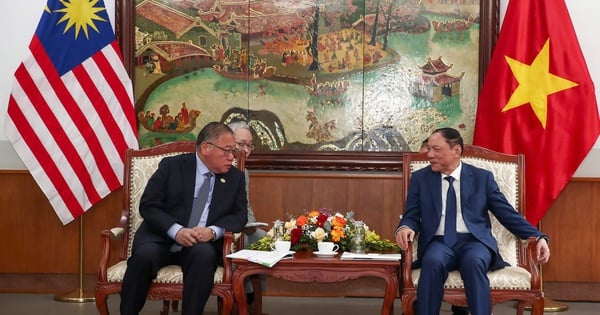







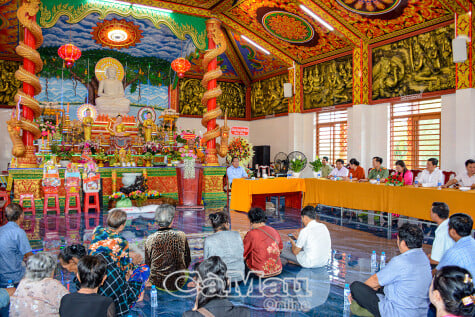
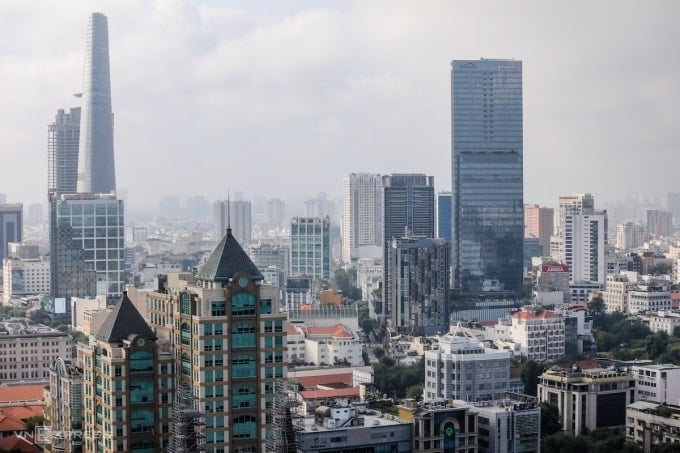
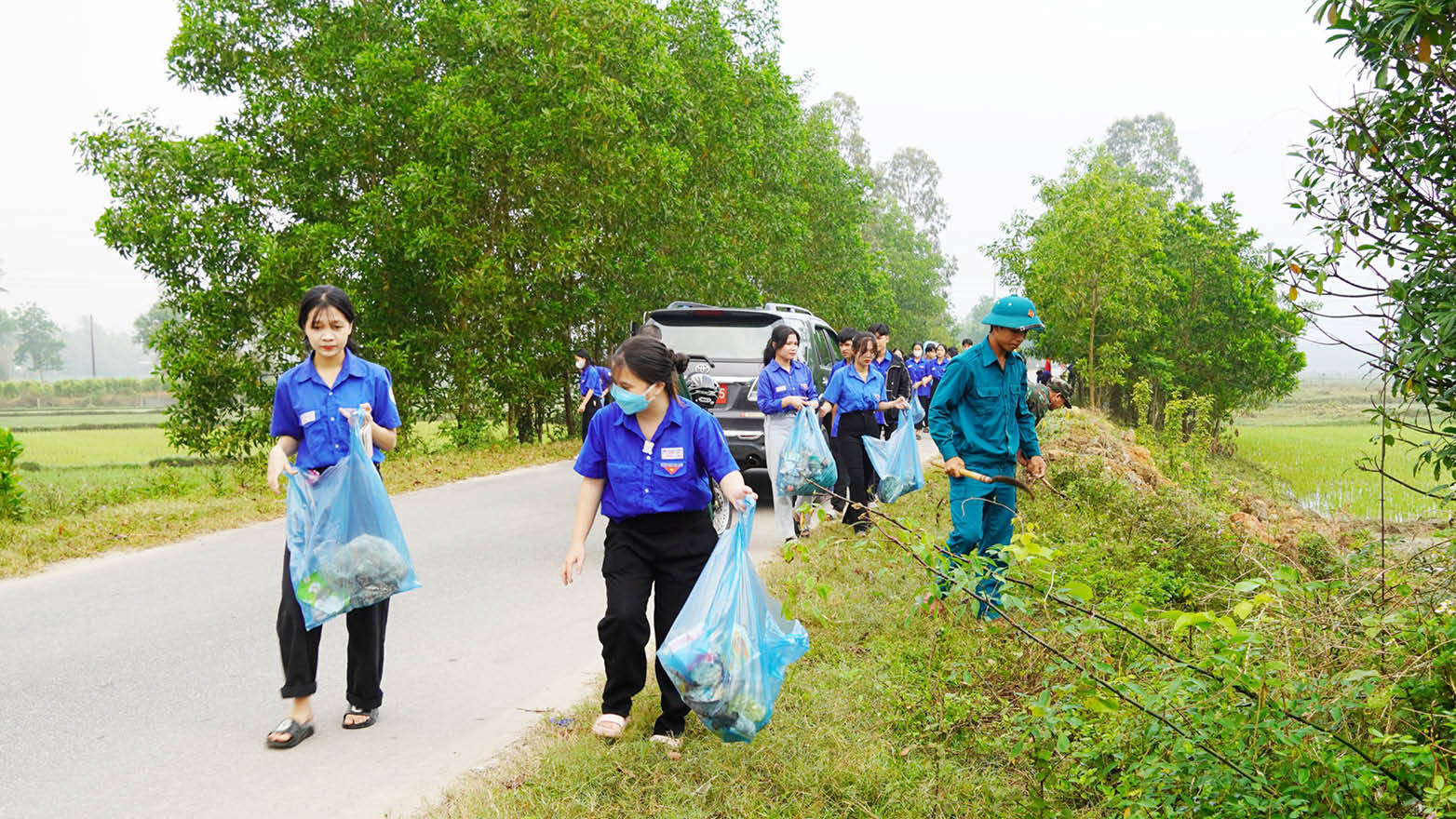

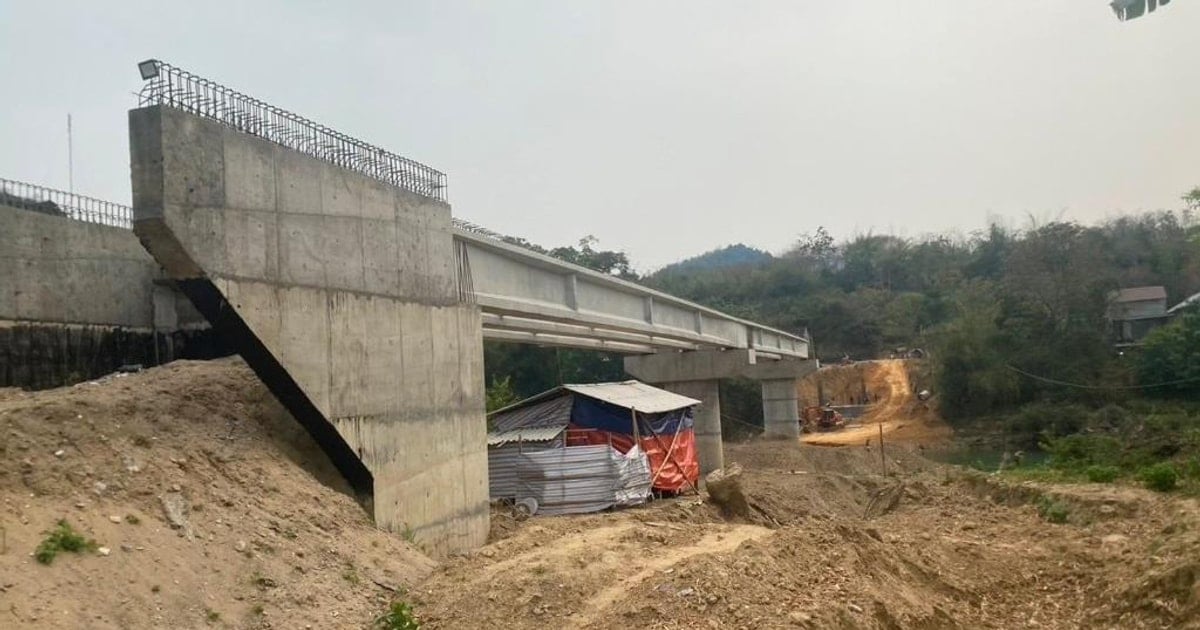



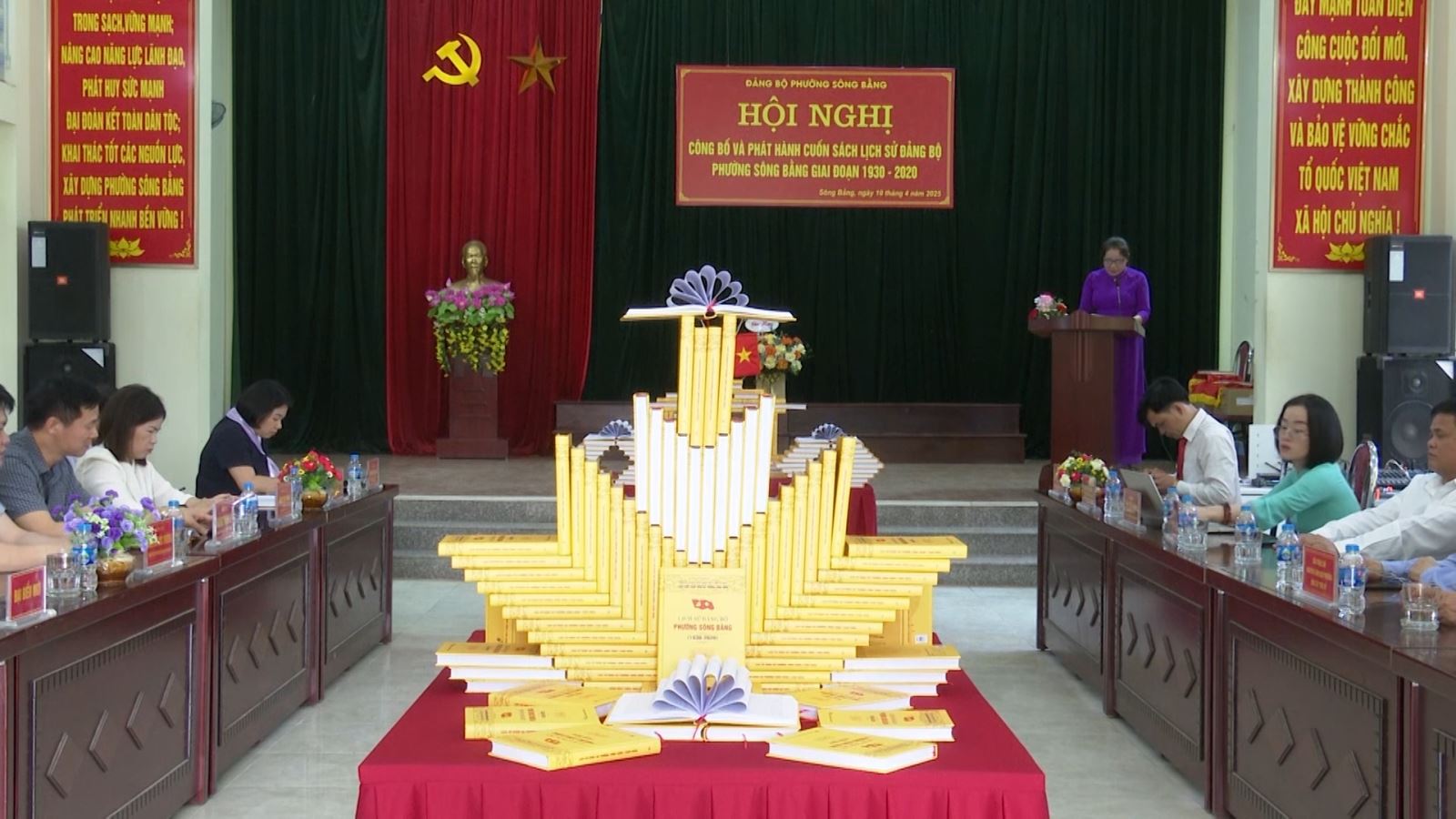










Comment (0)